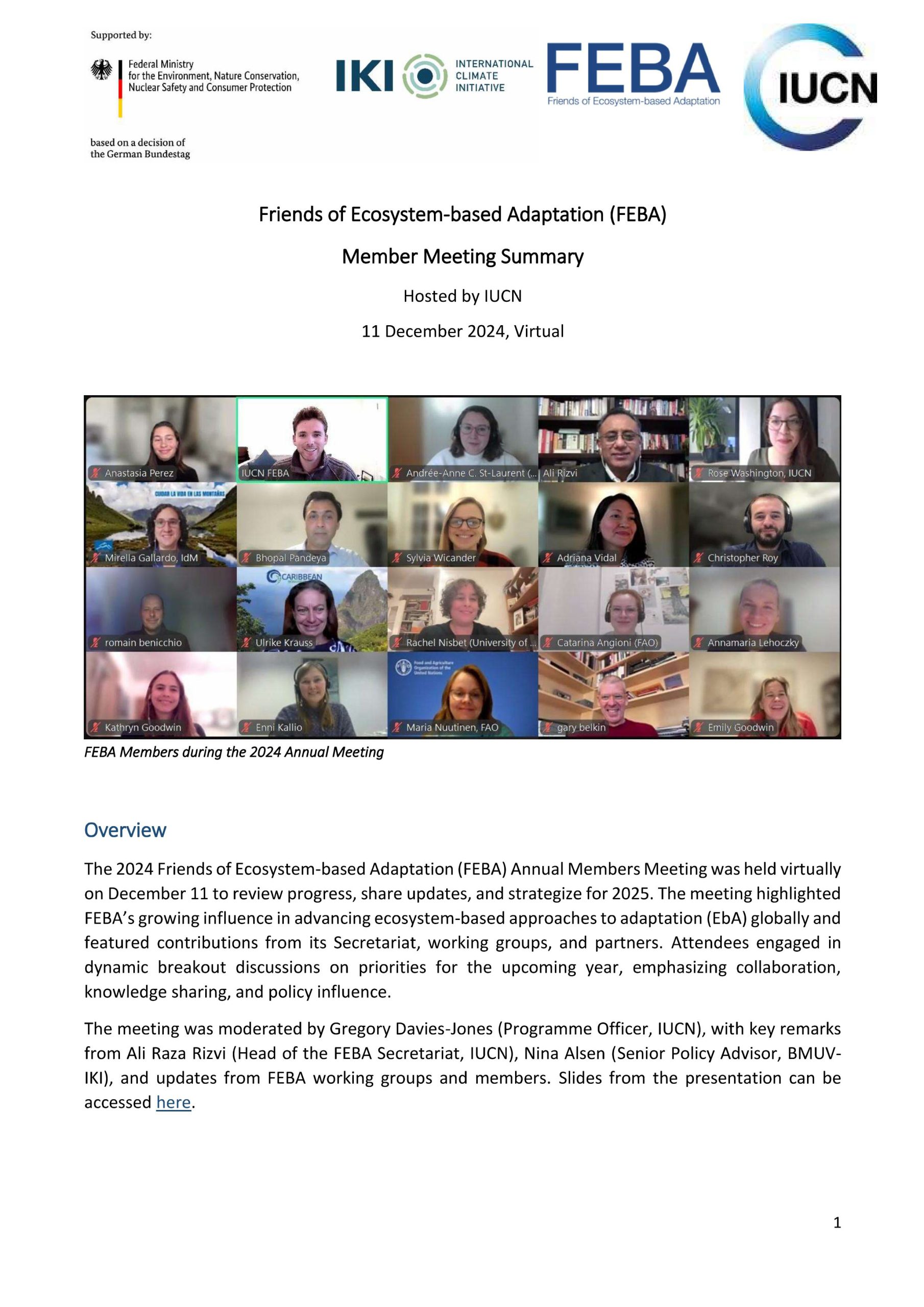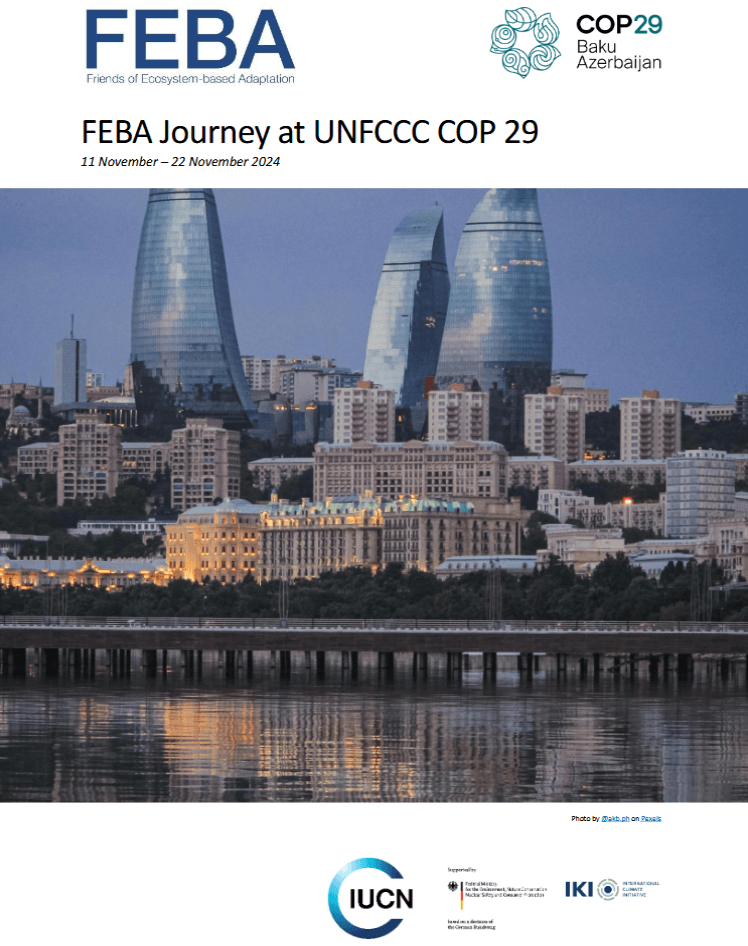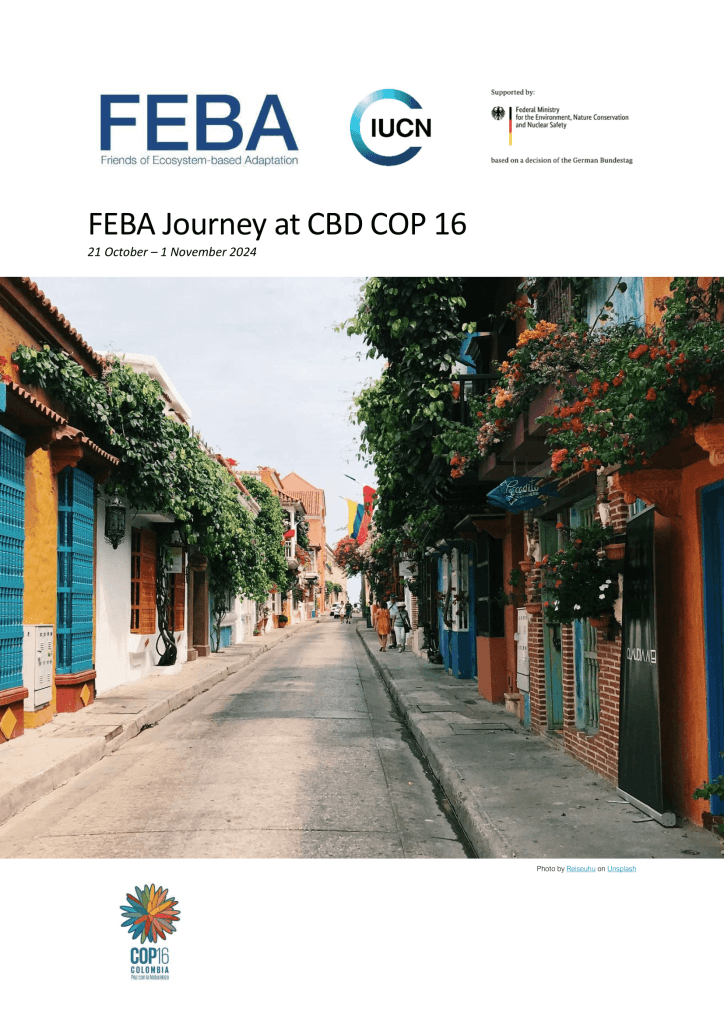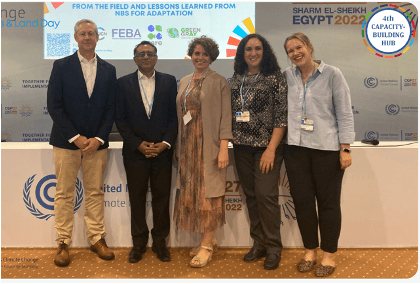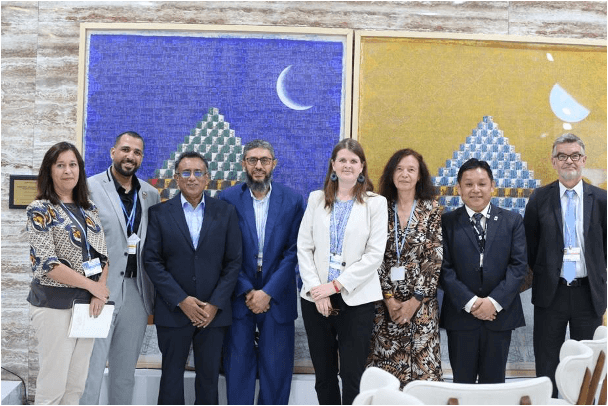11th EbA Knowledge Day
Bonn Marriot HotelThis year’s event will tackle key barriers to scaling EbA—political will, financing, and urgent climate responses—while showcasing effective strategies, innovative funding models, and strong monitoring approaches. Bringing together policymakers, practitioners, and Convention representatives, the event aims to spark collaboration and shape support for EbA at COP30 and beyond. Register to participate in-person or online.

